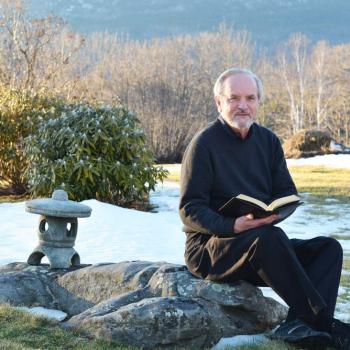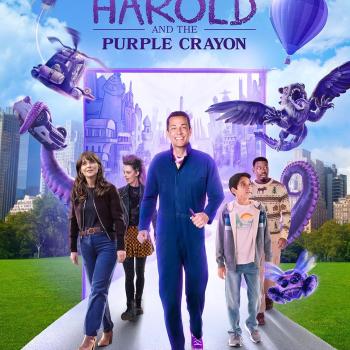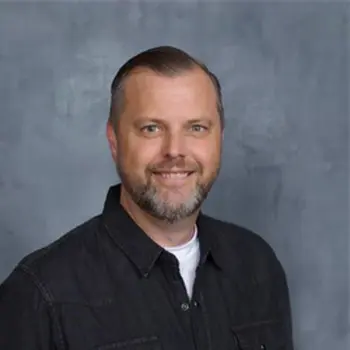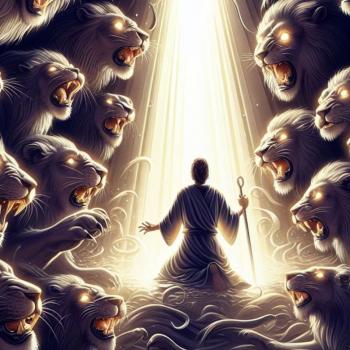You mention several estimates of the Muslim population, but not those of the more objective PEW Foundation surveys. Have these surveys (which place Muslims at only 6 tenths of 1 percent of US population) influenced Muslim self-perception?
I believe that all numbers are guesstimates. Surveys miss out on many who choose not to identify themselves as Muslim to polltakers for fear of being targeted. Muslims are aware that the FBI sought the records of Arabs and Muslims from the census bureau. That caused a great deal of consternation in the community. I have known some who use a different identity (one Egyptian woman identified herself as Greek, and a Pakistani identified herself as Hindu) in order to avoid harassment.
You describe a new discourse on religious pluralism that began amont Arab intellectuals in the 1980s, in part to parallel the Western concept of religious pluralism. Where does that conversation stand today in Arab and Muslim communities here and abroad? How has it changed since 9/11?
There is an increased emphasis on the discourse of pluralism by Muslims. A growing number of imams and scholars have published works on the topic. Muslims boast about Islamic history that has allowed religious minorities to live in peace in Muslim societies, practicing their faith and living under their own religious laws. As the Islamophobia industry has intensified its demonization of Muslims in the United States, Muslims have taken to the air to correct the false accusations. And whenever afforded the opportunity, they have attempted to correct the false information being disseminated. They have also resorted to the courts to seek redress in cases of discrimination.
The American Muslim encounter with Zionism is a theme that runs through the book. Do you see the emergence of the so-called J-street lobby among young American Jews impacting American Muslims' encounter with Judaism?
The Islamic Society of North America in collaboration with the Jewish community have launched a "twinning" program in which they identified 100 mosques and synagogues that will work together to bring about better understanding, collaboration and cooperation. Several Muslim leaders recently went on a trip to Auschwitz in order to understand the enormity of the Holocaust. And rabbis representing the three major Jewish denominations have been invited to address the annual convention.
In your book, you discuss the diversity of the American Muslim community and ways in which post-9/11 attacks on the community have increased a sense of Muslim unity, particularly between the mosqued and un-mosqued. Does a newfound sense of social solidarity translate into political solidarity?
It is hard to say. During the last presidential election, there was a very active Republican Muslim organization that worked for the McCain-Palin ticket. The current coterie of Republican presidential hopefuls include several candidates that have publicly demonized Muslims, including a few that questioned their loyalty and ruled out having them serve in their administration. It is hard to find many Republican Muslims at the moment. However, the Muslim community displays the same variety of political commitments as the general American public. They are fully aware that their votes count and are increasingly engaged in political activity, meeting with nominees, fund raising, and campaigning.
In a recent Pew Forum survey, U.S. Muslims expressed significantly higher satisfaction with their lives, their local communities and the country's general direction than the public at large. What do you think accounts for this optimism among Muslims about life in America despite an increasingly hostile environment since 9/11?
My surveys show that they love the country and want to be active productive citizens. The new citizens among them can hardly be expected to voice dissatisfaction, since that would lead to being the target of Islamophobes, as well as the security agencies of the United States. They believe in the promise of America—"out of many, one"—and believe that just as once-reviled Catholics and Jews have been accepted as constituent members of the nation, the day is not far off when Islam and Muslims will also be accepted.
What is your sense of how the next generation of Muslim-Americans will engage with the political and cultural landscape of America?
The next generation is increasingly defining itself as American-Muslim, with special emphasis on their being an integral part of America. They are engaged in creating and fostering an Islam which is at home in America, one that espouses American values. In books, poetry, novels, plays, videos, film and music, they are weaving their experience into the American kaleidoscope.




